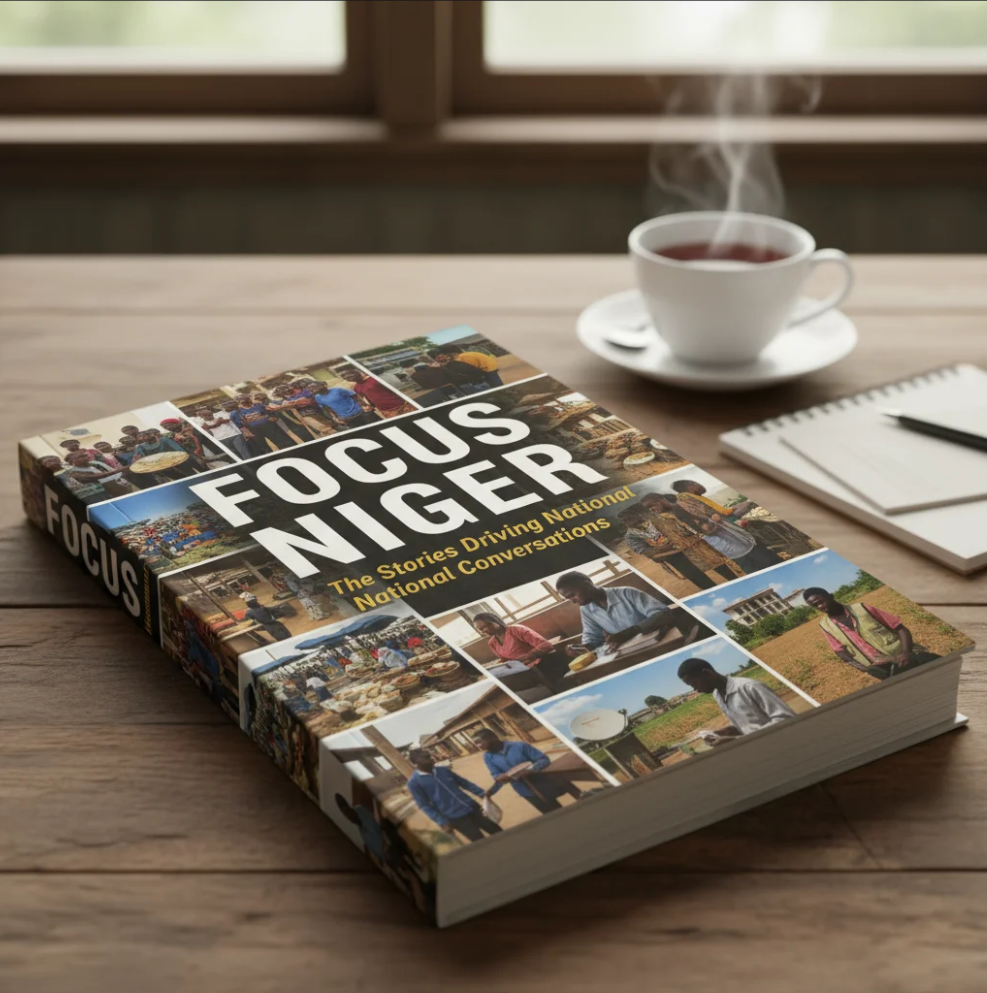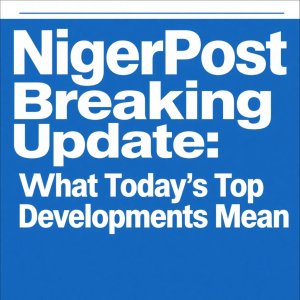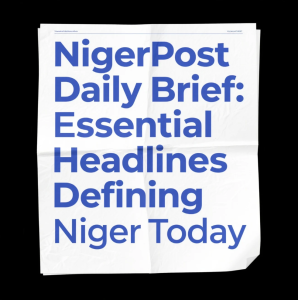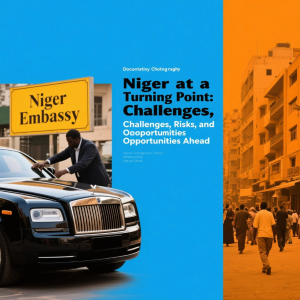Niger is at a juncture where security concerns, resource sovereignty, and civil society issues are no longer peripheral—they are central to public debate. In this article, we examine the Niger national conversations that are shaping the present and deciding its future.
🔐 1. Security Crises & Jihadist Insurgency
One of the loudest voices in Niger’s national discourse is the escalating threat posed by militant groups. Recent attacks—like the Eknewane assault in Tahoua and the deadly Banibangou raid in Tillabéri—show that insecurity remains a daily reality for many. Wikipedia+1
These events fuel both fear and demand for more robust responses from the government. Citizens increasingly ask: How can the state protect us? and What foreign or local support balances intervention and sovereignty?
⚖️ 2. Resource Nationalization & Foreign Relations
Niger’s push to reclaim control over its natural resources has stirred heated debate. The nationalization of the Somaïr uranium venture (run by Orano, a French company) signals a broader shift in how the country views its agreements with foreign actors. AP News
Similarly, labor inequalities have sparked tensions, such as when Chinese oil executives were expelled over gross pay disparities between expatriate staff and local workers. Many Nigeriens see this as a reaffirmation of local rights and dignity. Reuters
🤝 3. Voluntary Militia & Citizen Defense
In response to insecurity and a stretched military, the government recently launched the “Garkuwar Kassa” (Patriotic Shield) initiative—recruiting civilian volunteers to assist security forces. While proponents frame it as patriotic duty, critics warn about potential abuses, lack of oversight, and the risk of further militarization of society. Le Monde.fr
This has become a major topic in national dialogue: balancing civic participation with the sanctity of state power and the protection of civil rights.
🆘 4. Refugees, Humanitarian Gaps & External Pressure
The humanitarian crisis, especially among refugees stranded near Agadez, has drawn public attention and criticism. Many feel abandoned by international agencies amidst limited access to essential services. The Guardian
Questions surface in public forums and the media: Where is international responsibility? Are border and migration policies fair? How should Niger balance external aid and internal sovereignty?
🌍 5. Withdrawal from Regional Security Coalitions
Niger’s decision to exit the Multinational Joint Task Force (MNJTF), a regional coalition fighting Islamist groups, has fueled nationwide debate about foreign involvement, regional cooperation, and strategic alliances. The Guardian
Many citizens and analysts ask whether such moves protect sovereignty or leave vulnerabilities unaddressed.
📝 Conclusion
These stories—security, resource rights, civil defense, humanitarian crises, and regional alignment—aren’t separate threads; they intertwine to form Niger’s national narrative in 2025.
Understanding them is essential for anyone seeking to grasp the hopes, fears, and demands of the Nigerien people.




